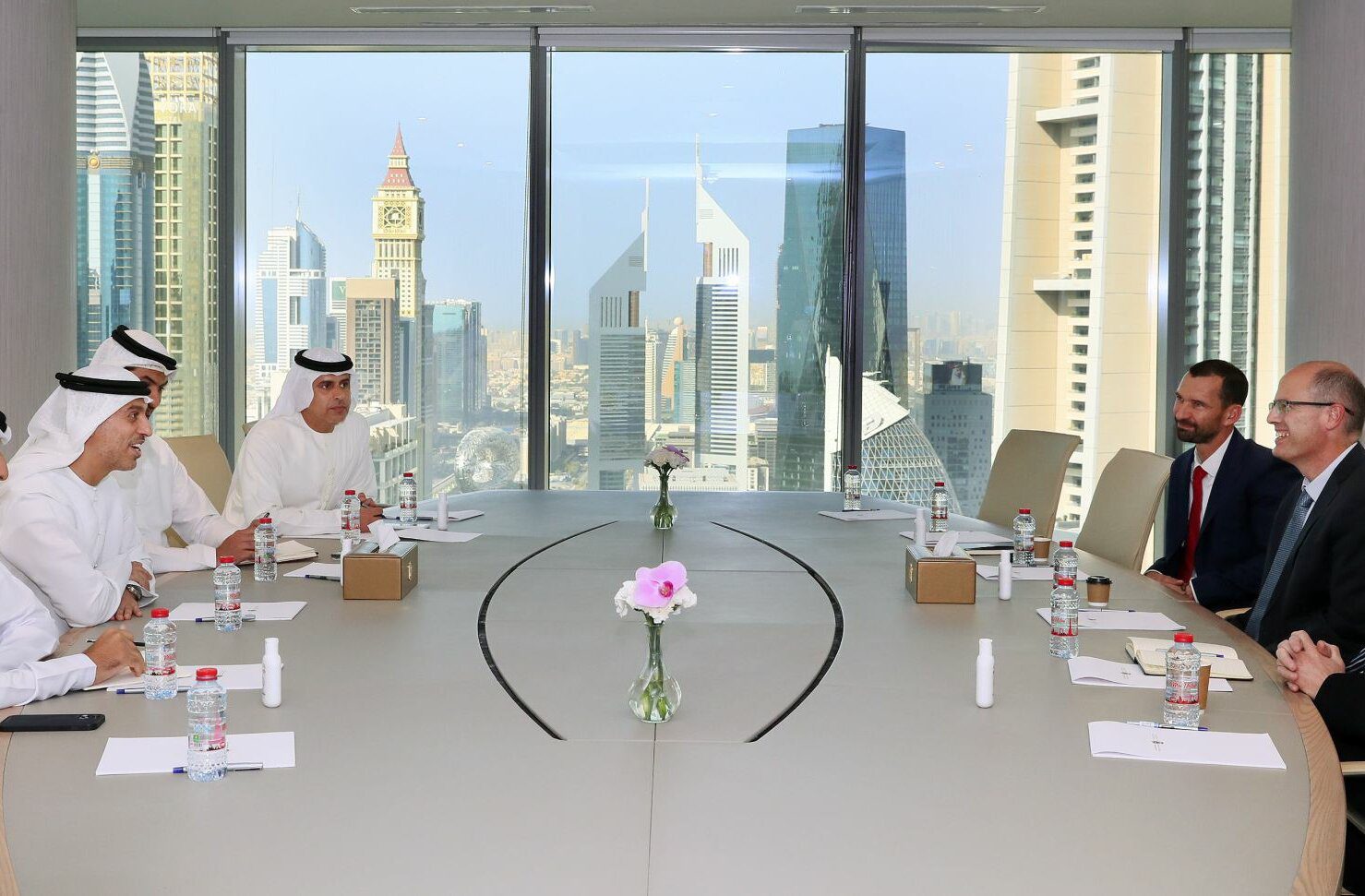A New Era of Collaborative Prosperity for the Middle East
Innovation Diplomacy
As we celebrate the third anniversary of the Abraham Accords, a compelling vision of collaborative prosperity is emerging. This vision represents more than a diplomatic handshake; it signifies a new era of innovation diplomacy, and a willingness to share ideas, technologies, and solutions across borders. It paves the way for mutual advancement and it opens the door for other countries in the region to participate as well, both above and below the radar.
Imagine living in a region where technological innovation was an integral part of our diplomatic exchange, where each nation contributes its own unique strength to our shared endeavors. This isn’t just about exchanging technology; it’s about building regional ecosystems and fostering knowledge economies. In this integrated region, shared technological resources can drive progress toward essential climate goals, such as sustainable agriculture and water management. The innovative ecosystem — startups, investors, academia, mature companies, and governments all have a crucial role to play.

Agricultural and environmental cooperation is a concrete example of how sharing knowledge resources can make a difference. Water scarcity is a pressing concern in the Middle East, but collaborative technology can change that narrative. For example, advanced desalination techniques developed in one country can be adapted and applied in another, while imported energy solutions can power these same desalinization facilities. Or, data analytics for optimizing crop yields can be shared to tackle food security issues collectively. This value is not limited to businesses and governments; utilizing local assets and leveraging unique competitive advantages holds the potential to create real impact and opportunity for the people of the region.
This collaborative approach is increasingly seen in big deals between Israeli startups and organizations across the region. SupPlant, an Israeli ag-tech startup with sensor technology helping farmers adapt to climate change and maximize yields, recently partnered with the UAE’s Mawarid Holding Investment for a water-saving irrigation project targeting date trees. The initiative reduces water usage by at least 20% in the first year while improving the quality of the dates produced.
Another deal propelling regional collaboration is between SolarEdge Technologies, an Israel-based renewable energy company, and Saudi business group Ajlan & Bros Holding, boosting solar power adoption in Saudi Arabia. The joint venture, based in Riyadh, supports Saudi Arabia’s Vision 2030 plan to diversify its economy away from oil and follows a preliminary cooperation agreement signed last year during U.S. President Joe Biden’s visit to Saudi Arabia. With the current lack of formal diplomatic relations between these nations, the partnership is significant in the broader context of Middle East collaboration.
However, it’s essential to acknowledge that there are challenges that must be navigated to realize this vision fully. Time frames for project execution may differ between nations, and expectations around these may need to be aligned. Nevertheless, these are manageable challenges, and the private sector’s potential to fill the gap where government efforts lag is especially potent in meeting ambitious climate goals.
In the past two years, at events initiated by Start-Up Nation Central, Israeli companies in ag-tech, water, logistics, fintech, and more, met, engaged, and formed partnerships with counterparts in the UAE, Morocco, and Bahrain. In a couple of months, Israeli climate tech entrepreneurs and innovators will attend COP28 in Dubai to do the same with Emirati colleagues, among other countries. This business engagement is accompanied by partnerships on an infrastructure level. Knowledge sharing and exchange of best practices in innovation ecosystem building have been taking place in a structured and intentional way to enable the growth of an innovation ecosystem on a regional scale. Representatives from different government agencies participated in workshops held during Connect2Innovate events in Manama and Casablanca, addressing needs and policies that enable the development of a thriving tech industry. Follow-on delegations met to discuss technology transfer, funding programs, and innovation platforms.
The vision of collaborative prosperity is already transforming the Middle East. As the normalization ties forged three years ago mature into collaborative relationships, the exchange of insights, technologies, and expertise can contribute to a more stable and prosperous region than any one nation can achieve alone. Innovation diplomacy and shared technological resources aren’t just feel-good phrases; they are foundational strategies that can enable the region to meet sustainability and climate objectives.

Avi Hasson is the CEO of Start-Up Nation Central, a Tel Aviv-based non-profit organization that promotes Israeli innovation around the world. Hasson previously served as Israel’s chief scientist and the founding chairman of the Israel Innovation Authority and as an investor in many Israeli technology companies.
This article first appeared in USA Today on September 15, 2023
 Tech Ecosystem
Tech Ecosystem Human Capital
Human Capital Focus Sector
Focus Sector Business Opportunities
Business Opportunities Investment in Israel
Investment in Israel Innovation Diplomacy
Innovation Diplomacy Leadership Circle
Leadership Circle Our Story
Our Story Management Team
Management Team Careers
Careers